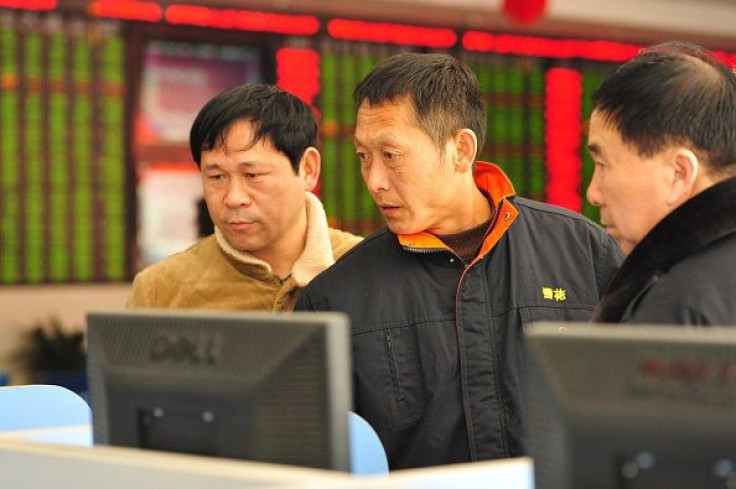Asia Shares Climb As G-20 Meets, Oil Holds Gains

Asian shares rose on Friday following a firmer finish on Wall Street and as investors awaited a meeting of Group of 20 finance leaders that will likely offer words of reassurance, even if little in the way of actual policy stimulus.
The S&P 500 scored its highest close since early January after oil staged a turnaround to end Thursday 3 percent higher on speculation a March meeting of major producers might stabilize prices.
Early Friday, U.S. crude was holding almost all those gains at $32.99 a barrel, with Brent at $35.29.
MSCI's broadest index of Asia-Pacific shares outside Japan edged up 0.2 percent, while South Korea gained 0.4 percent. Japan's Nikkei rose 1.5 percent to break chart resistance and reach a two-week top.
Gyrations in Chinese markets seemed to be having a diminishing effect, with Thursday's 6-percent dive in Shanghai stocks causing few ripples elsewhere.
On Wall Street, the Dow rose 1.29 percent, while the S&P 500 added 1.14 percent and the Nasdaq 0.87 percent. Data showing a 4.9 percent rebound in U.S. durable goods orders underpinned the better mood.
With the recent market turbulence front and center, investors are looking for reassurance from the G20 finance ministers and central bankers gathering in Shanghai for a two-day meeting starting Friday.
Finance Minister Lou Jiwei and People's Bank of China Governor Zhou Xiaochuan will likely argue Beijing has everything under control when they kick off the meeting.
The International Monetary Fund has called for a coordinated stimulus program to stop a global slowdown from turning into something worse.
Yet, G20 meetings have a long history of disappointing and analysts see little reason why this one should end differently.
"Amidst market turbulence there is a call to arms for the G20 to get the global economy back on track," said David Cannington, a senior economist at ANZ.
"While we can hope for a substantive policy prescription, it's a forlorn one. There is simply too much self-interest globally and that dominates group interest."
Europe could do with some sort of stimulus as long-term inflation expectations fell to record lows, piling pressure on the European Central Bank for more aggressive easing.
The closely-watched measure of inflation slid to 1.38 percent, having dived 35 basis points in just three months even as the ECB expanded its asset buying campaign.
As a result, yields on German 10-year paper closed at their lowest since last April and contributed to a drop in U.S. yields.
That kept the euro pinned at $1.1025 and far from the February top of $1.1375. The dollar gained on the yen to 113.14, two yen higher from this week's trough.
Sterling was still nursing its wounds near a seven-year low against the dollar and on track for its heaviest weekly fall since 2009 on worries about a possible British exit from the European Union.
© Copyright Thomson Reuters 2024. All rights reserved.











